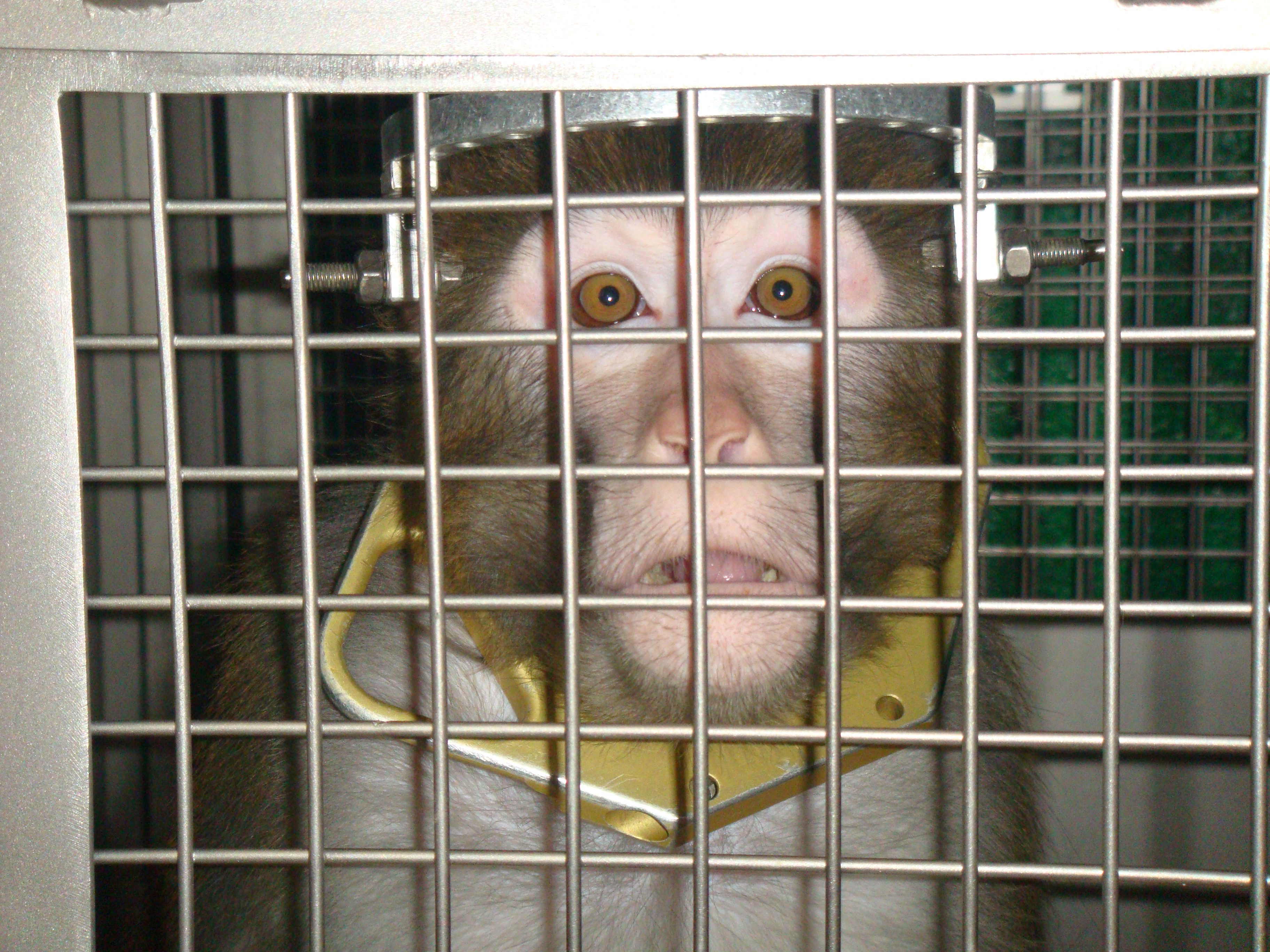If you haven’t been appalled by all the lies and deception unearthed as part of Volkswagen’s Dieselgate fiasco, maybe this will change your mind.
The tl;dr version is this: until 2017, BMW, Daimler, and Volkswagen funded a group called the European Research Group on Environment and Health in the Transport Sector (EUGT for short). At the automakers’ request, EUGT conducted studies on humans and monkeys to show that diesel fumes weren’t harmful.
BMW, Daimler, and Volkswagen now say they didn’t know what EUGT was doing, but the timing of the tests is very, very suspicious.
For more, we turn to the BBC:
On Thursday the New York Times reported that the EUGT research was designed to counter a 2012 decision by the World Health Organization to classify diesel exhaust as a carcinogen.
It said that in 2014, EUGT had exposed 10 monkeys to fumes – in an air-tight chamber – from several cars, including a diesel VW Beetle. The testing took place at a lab in Albuquerque, New Mexico.
Then at the weekend Germany’s Stuttgarter Zeitung and SWR radio reported that 19 men and six women had inhaled diesel fumes in another EUGT experiment.
During a month of tests at a lab in Aachen, west Germany, they were exposed to various concentrations of diesel fumes, which contain toxic nitrogen oxides (NOx). The BBC has not seen the study itself, but German media say it was published in 2016.
At the time the carmakers were arguing that modern technology had cut pollution from diesel engines to safe levels. But VW was later found to have fitted “cheat” devices that rigged the emissions data.
The Aachen University Clinic said its “ethically approved” human tests had “no link” to the VW emissions scandal.
